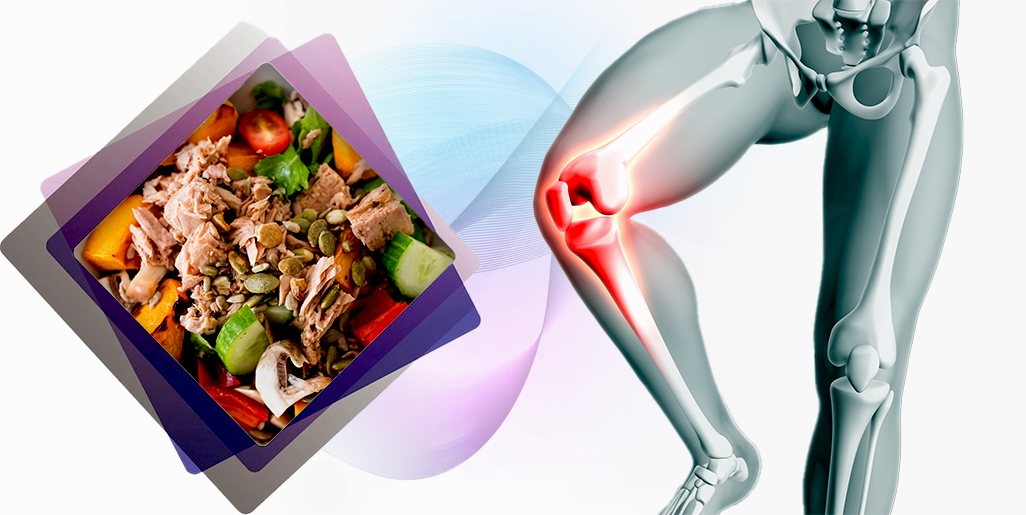Make An Appointment
For emergency Case
Booking A visit
Optimal Nutrition for Osteomalacia Symptoms
It can be challenging to pass through life with osteomalacia, but what you probably didn’t know was that your usual diet has the major role to play in the management of osteomalacia symptoms. The condition is referred to as soft bones, happening due to a lack of vitamin D found in the bones, causing pain in the bones, weakness of muscles, and even fractures. While proper medical care is important, healthy eating can improve your bone health and make you feel stronger. In this guide, we will let you know what type of food you should eat or avoid in order to keep your bones healthy.
What to Eat to Protect Your Bones
Vitamin D-Rich Foods
Vitamin D is the cornerstone of osteomalacia treatment. It intensifies the action of calcium in bones and aids in the absorption of calcium. Be on the lookout for fatty fish, and make tuna, mackerel, or salmon part of your usual diet. Fortified plant-based milks, cereals, orange juice, and egg yolks are excellent substitutes.
Calcium-Rich Foods
Calcium is one of the best minerals that the body requires in order to perform bone growth and repair. This means that one should consume lots of dairy products. You can swap them with some kale, spinach, or even collard greens, or use tofu, almonds, and calcium-fortified plant-based drinks.
Magnesium-Complete Foods
It is assisted by magnesium that mineralizes bones. Phosphorus in foods and drinks, including legumes, whole grains, nuts (almonds, cashews), and seeds (pumpkin seeds), will provide what your body needs in order to form strong bones accompanied by calcium.
Foods That Contain Phosphorus
With calcium, phosphorus helps in establishing strong bones. Include nutrients in your diet from: whole grains, nuts, fish, poultry, and eggs.
The Fatty Acids Omega-3
These good fats support bone health and reduce inflammation. The best sources of omega-3s are fatty fish, walnuts, flaxseeds, and chia seeds.
Ways to Prevent Bone Weakening
Sugary and Processed Foods
These foods have little nutritional value but may interfere with your body’s ability to absorb the vitamins D and calcium. Avoid soft drinks, pastries, and sugary snacks.
High-Sodium Foods
Overconsumption of salt may lead to calcium loss. Limit processed meats, canned soups, and salty snacks. Instead, use fresh herbs and spices for flavor.
Alcohol and Caffeine
Overindulgence in alcohol and caffeine will interfere with nutrient absorption and lead to a decrease in bone density. Water or herbal teas can be substituted for coffee, energy drinks, and alcoholic beverages.
Oxalate-Loaded Foods
Oxalate-loaded foods include spinach and rhubarb, among others. Consuming high-oxalate foods may lead to some interference in calcium absorption within the body. Even though it is essential to have the food items, observe portions and substitute the food intake with more calcium-loaded ones.
A Hope for a Healthy Tomorrow
The healing of the affected bone tissue makes this new stem cell therapy really promising in its treatment for osteomalacia since it restores bones and thus brings backbone strength. If these treatments are made to complement good dieting habits, they should really alleviate their symptoms a great deal. Patients with osteomalacia have finally received hope regarding the future if consulting by Global Stem Cell Care experts for advice about stem cell therapy as a treatment becomes possible for their therapeutic use.
